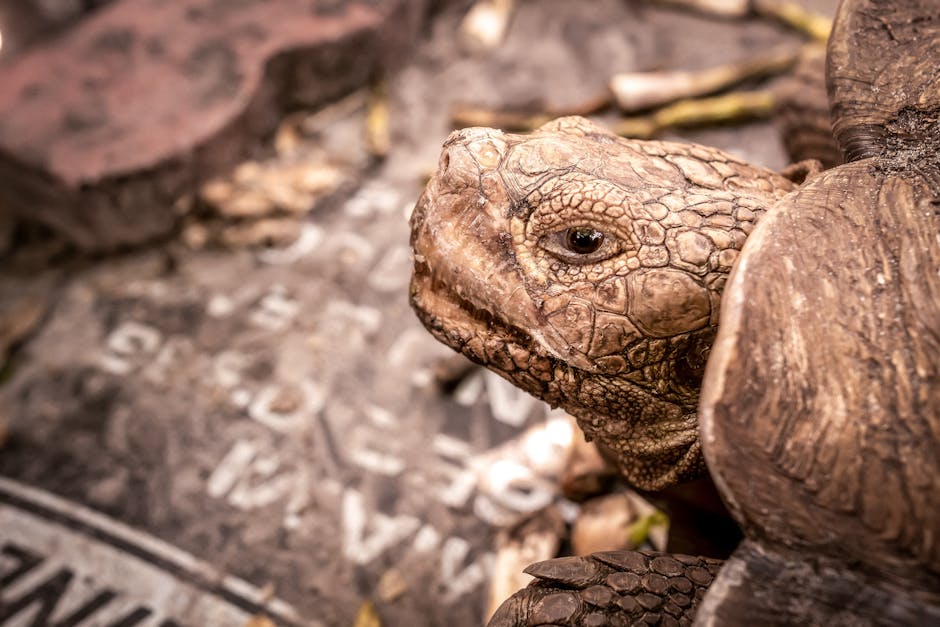
Endangered Species - The Importance of Conservation
Endangered Species - The Importance of Conservation
Endangered species are animal or plant species that are at risk of extinction. The rapid decline in their populations is primarily caused by human activities, such as habitat destruction, pollution, climate change, and illegal wildlife trade.
Conservation plays a vital role in protecting endangered species and preserving biodiversity. By implementing effective conservation strategies, we can help prevent the loss of valuable species and maintain ecological balance.
One of the main reasons why protecting endangered species is crucial is their intrinsic value. Each species is a unique creation and has the right to exist on this planet. Losing an entire species has severe consequences for the ecosystem and affects other species dependent on it.
Furthermore, endangered species contribute to essential ecological processes, such as pollination, seed dispersal, and nutrient cycling. These processes maintain healthy ecosystems, which benefit humans in various ways, including clean air, water, and food sources.
Conservation efforts also play a significant role in protecting habitats. By preserving natural habitats, we can safeguard numerous endangered species simultaneously. Protected areas like national parks, wildlife sanctuaries, and nature reserves provide safe havens for endangered species to thrive.
Another crucial aspect of conservation is raising awareness. Educating people about the importance of endangered species and the need for their protection can drive positive change. Teaching future generations about conservation instills a sense of responsibility and empowers them to take action.
It is important to support conservation organizations and participate in conservation programs. Donations, volunteering, and active involvement in conservation initiatives can significantly contribute to the preservation of endangered species.
